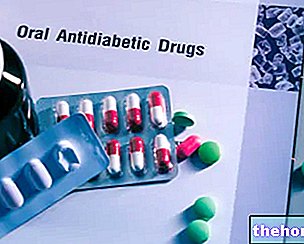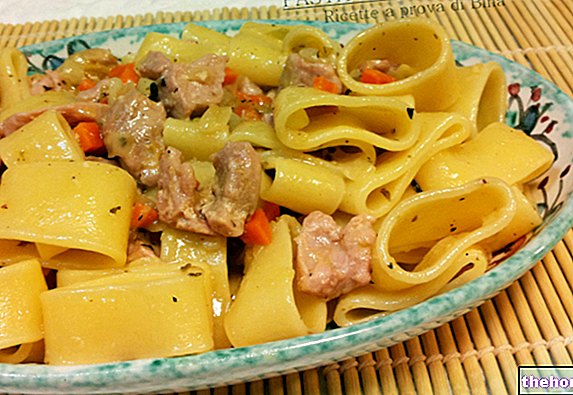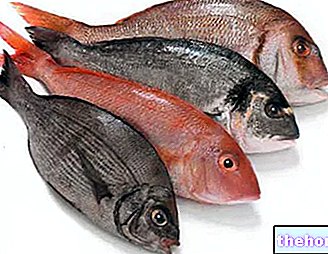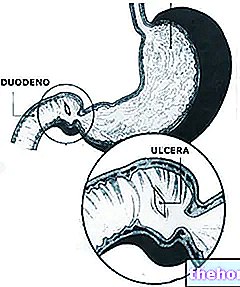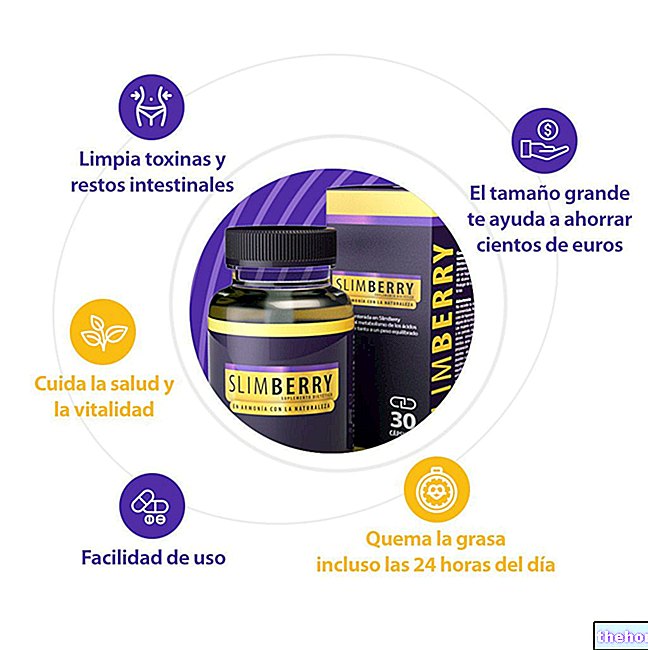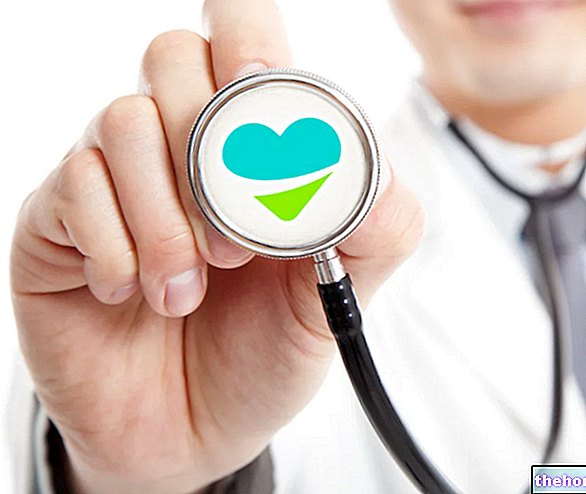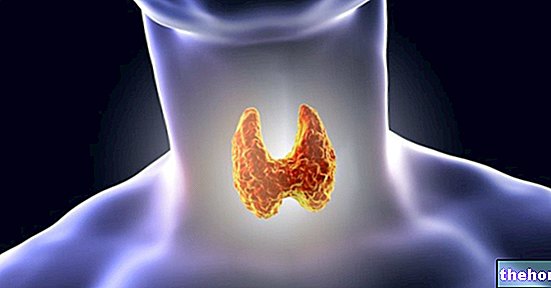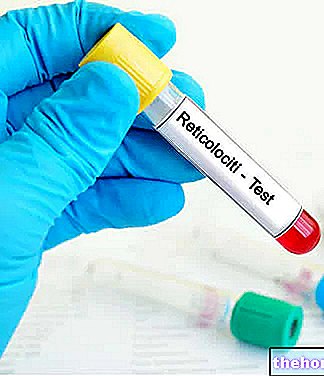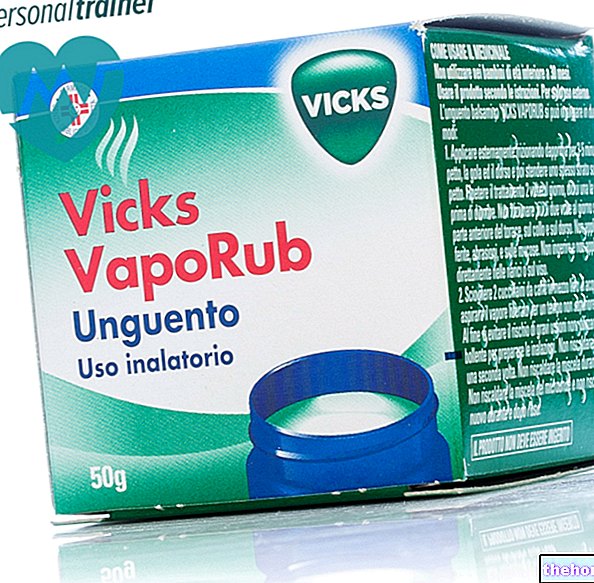
What is Enyglid?
Enyglid is a medicine containing the active substance repaglinide, available as round tablets (white: 0.5 mg; yellow: 1 mg; pink: 2 mg).
Enyglid is a generic medicine, which means it is similar to a 'reference medicine' already authorized in the European Union (EU) called NovoNorm. For more information on generic medicines, please see the questions and answers by clicking here.
What is Enyglid used for?
Enyglid is used in patients with type 2 diabetes (non-insulin-dependent diabetes). The medicine is given in combination with diet and exercise regimes aimed at reducing blood glucose (sugar) levels in patients whose hyperglycaemia (high blood glucose levels) can no longer be controlled through diet, weight loss and physical exercise. Enyglid can also be used in combination with metformin (another antidiabetic) in type 2 diabetics whose blood glucose levels are not satisfactorily controlled with metformin alone.
The medicine can only be obtained with a prescription.
How is Enyglid used?
Enyglid is taken before meals, usually up to 15 minutes before each main meal. The dose should be adjusted to achieve the best possible control. The treating physician should regularly measure the patient's blood glucose level to find the lowest effective dose. Enyglid may also be indicated for type 2 diabetics who are usually well controlled on a diet, but who are going through a passing phase in which the body cannot regulate the level of glucose in the blood.
The recommended starting dose is 0.5 mg. This dose may be increased after one or two weeks.
If patients switch to Enyglid while they are already using another antidiabetic, the recommended starting dose is 1 mg.
Enyglid is not recommended for use in patients below 18 years of age as there is no information on the safety and efficacy of the product for this age group.
How does Enyglid work?
Type 2 diabetes is a disease in which the pancreas does not make enough insulin to control the level of glucose in the blood or where the body is unable to use insulin effectively. Enyglid helps the pancreas to produce more insulin during a meal and is used to control type 2 diabetes.
How has Enyglid been studied?
As Enyglid is a generic medicine, the studies have been limited to evidence designed to show that the medicine is bioequivalent to the reference medicine NovoNorm. Two medicines are bioequivalent when they produce the same levels of the active substance in the body.
What are the benefits and risks of Enyglid?
Because Enyglid is a generic medicine and is bioequivalent to the reference medicine, the benefits and risks of the medicine are assumed to be the same as the reference medicine.
Why has Enyglid been approved?
The Committee for Medicinal Products for Human Use (CHMP) concluded that, based on the requirements of the EU, Enyglid has been shown to have comparable quality and to be bioequivalent to NovoNorm. It is the opinion of the CHMP that, as in the case of NovoNorm, the benefits outweigh the identified risks. The Committee therefore recommended that Enyglid be given marketing authorization.
Other information about Enyglid:
On 14 October 2009, the European Commission granted Krka, d.d., Novo mesto a "marketing authorization" for Enyglid, valid throughout the European Union.
For the full version of Enyglid's EPAR, click here.
The full EPAR version of the reference medicine can also be found on the Agency's website.
Last update of this summary: 10-2009.
The information on Enyglid - repaglinide published on this page may be out of date or incomplete. For a correct use of this information, see the Disclaimer and useful information page.





